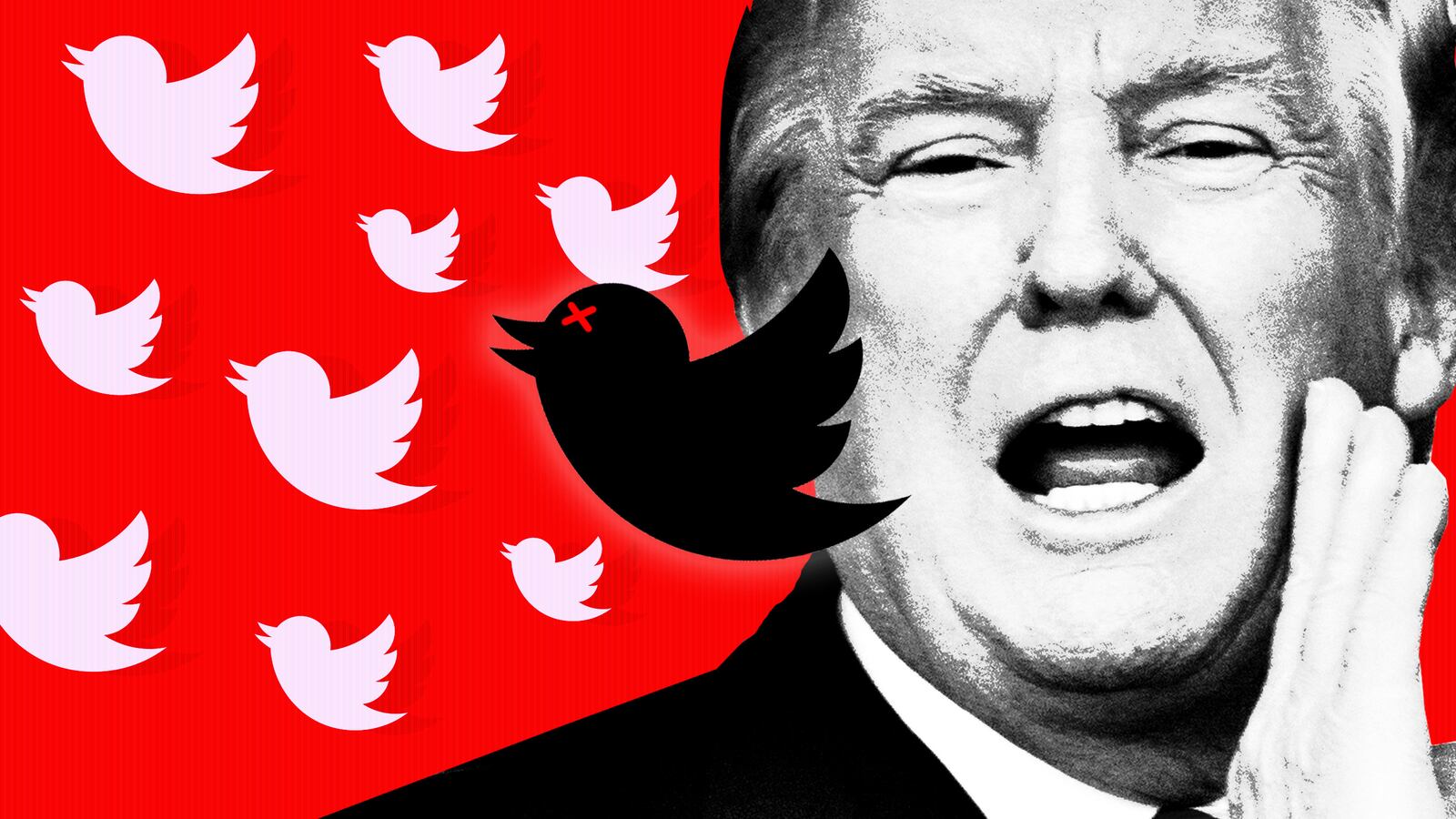President Donald Trump’s weekend tweet regarding the 2016 Trump Tower meeting with Russians may seem like just one more of many he has posted that tend to incriminate himself, but this time it contained an explicit admission about a fact that he has vehemently denied and this time he might also have implicated his son, Donald Trump Jr.
On Sunday, Trump tweeted about the now well-known meeting that occurred in June 2016 at Trump Tower with Russians. Trump tweeted that it was “Fake News, a complete fabrication” that he was concerned about the meeting that his “wonderful son, Donald, had in Trump Tower.” In doing so, Trump made a somewhat stunning admission: “This was a meeting to get information on an opponent.”
Let that sink in.
After dozens of tweets and statements, many in all caps, that “there was NO COLLUSION!” by anyone in the Trump campaign, Trump has now publicly admitted that, in fact, there was collusion (yes, we are purposefully using the “collusion” word instead of the legal term “conspiracy” here) by his own son, Donald Trump Jr. Of course, Trump followed that admission it with his newest line of defense that it’s “[t]otally legal and done all the time in politics - and it went nowhere.” Oh, and “I did not know about it,” he said of the meeting.
So, putting aside the fact that Trump now has admitted he lied repeatedly and publicly about “no collusion” what does the tweet mean for the legal implications and the real “c” word—conspiracy—for Trump and his son? Let’s break it down.
First, the conduct that occurred before and during the meeting was likely not “totally legal.” Campaign finance laws make it illegal to solicit or accept a “thing of value” from a foreign national. The reason for this law is to prevent foreign individuals or governments from having undue influence over candidates for public office. Accepting a donation from a foreign source, let alone a hostile foreign government, could divide the loyalties of successful candidates who go on to become public servants. The law removes this conflict of interest by banning foreign contributions.
Second, Trump included in his tweet the statement that he did not know about the meeting. Why include such a statement if it is totally legal? Michael Cohen has reportedly suggested that Trump was told about and approved the meeting in advance. If so, Trump, along with the others who participated, could possibly be charged with a conspiracy to violate campaign finance laws (even if a president cannot be indicted, he could be named as an unindicted co-conspirator in an indictment with Trump Jr.).
If Trump or his son became aware of hacked emails and provided guidance about how or when to disseminate them, they could be guilty of accessory-after-the-fact to a violation of the Computer Fraud and Abuse Act or conspiracy to defraud the United States by interfering with the administration of elections. Special counsel Robert Mueller would need only to supersede the indictment he has already filed against 12 Russian intelligence agents to add either of these counts. In addition, if it is discovered that the real subject of the meeting was a quid pro quo—such as dropping sanctions on Russia for help with Trump’s campaign—federal bribery laws could also be implicated by the meeting and its aftermath once Trump was the Republican nominee.
Third, this tweet could contribute to the growing pile of evidence of obstruction of justice. This tweet contradicts the press release that Trump reportedly dictated aboard Air Force One, describing the meeting as “primarily about adoptions.” While a press statement or a tweet standing alone is unlikely to constitute an obstruction of justice offense, it can provide evidence of the corrupt intent necessary to prove such a charge.
This tweet could be significant when combined with other evidence, including his demand of former FBI Director James Comey for a loyalty pledge, his request to Comey to let go of the investigation into former National Security Advisor Michael Flynn, the subsequent firing of Comey, his statement to Lester Holt that he fired Comey because of Russia, and his tweet that he had to fire Flynn because Flynn lied to the FBI.
The fact that Trump now contradicts his earlier claim that the meeting was about adoption may tend to show that Trump acted with the “corrupt purpose” required for an obstruction charge. By misleading the public in the press release, Trump was seeking to hide the truth (from the public and even possibly from congressional and FBI investigators) about his campaign’s contacts with Russia. Was he doing the same when he took steps to end the FBI’s Russia investigation?
Finally, Trump’s admission almost certainly answers the question of whether his son lied, and therefore likely committed perjury, when he testified before the Senate Intelligence Committee that was not “aware” of foreign governments other than Russia offering or providing assistance to the Trump campaign and that he had not sought such help.
One response to all of this by Trump and his supporters is the “whataboutism defense.” What about the fact that the Democratic National Committee retained a law firm that hired Fusion GPS, which in turn hired Christopher Steele, a U.K. citizen, to conduct opposition research about Trump and create the so-called Steele dossier? Isn’t that just as bad as taking information, documents or emails from the Russians?
Well, no.
First, Steele was paid, and was not making a contribution, so Hillary Clinton was not in any way indebted to Steele, in compliance with the language and spirit of the law. In fact, by all indications, the Clinton campaign did not know that the law firm it retained had hired Steele. Even if Steele was talking to foreign individuals for his work, no foreigners were donating information directly to her campaign, which was paying a law firm for research. Because the Clinton campaign did not solicit or accept “a thing of value” from foreign nationals, the Steele project did not potentially compromise Clinton the way the Trump Tower meeting could potentially compromise Trump.
Second, there’s just no argument that several of the potential crimes mentioned above—computer hacking, bribery, obstruction of justice, perjury—could be implicated by the DNC or Clinton campaign’s actions.
The bottom line is this: Trump has completely shifted his story about the meeting at Trump Tower from “NO COLLUSION” to “maybe collusion but no conspiracy crime” and has shown evidence of “consciousness of guilt.” That is, people typically don’t need to change their stories unless they have something to hide. Trump’s shifting stories about the purpose of the meeting could indicate that he knows that he and/or his campaign or his son broke the law.





